
Discover more from Castles in the Sky
I’m currently making my way through a few really excellent, really long books. In the meantime, it got me doing some “page math” and thinking about what the shortest really great books I’ve read are. These are seven books that I thoroughly enjoyed reading and left a lasting impact on me, all under 300 pages each.
The book(s) that made me realize how much life and story could be packed into “quiet'“ books where not much happens are Never Let Me Go (288) by Kazuo Ishiguro and Gilead (247) by Marilynne Robinson. These are probably two of my favorite books, so I will share my thoughts directly from how I reviewed them on Goodreads.
Never Let Me Go:
Subtle but stunning, heartbreaking, beautiful. I was skeptical after reading the positive reviews, having expected some dramatic tour de force that didn't deliver even three quarters of the way through. At first, I was impatient that there wasn't some big reveal about the sci fi setting and high stakes of this fictitious world, but in the end, Ishiguro masterfully conveys the minutiae of the three main characters' relationships in such a way that the fantastical elements seem almost . . . superfluous by the end. It's a book about hope, death, love, friendship, betrayal, and meaning. It's like Tim O'Brien said, fiction is "for getting at the truth when the truth isn't sufficient for the truth."
I strongly recommend not reading up on what Never Let Me Go is about before you read it. Just know that it is a diary format book about a group of friends in an odd living situation. There is an element of science fiction to it, but don’t go looking for it because it’s so subtle that by the time you figure it out, it doesn’t even really matter.
Gilead:
I loved this book. It was a really beautiful, intimate meditation on what a life can mean, what trying to always do the right thing can mean, and finding the quiet joy in every day life.
If you made a bulleted list of what this book is “about,” before you asked me to read it, I almost certainly would have written it off. I’m glad that I bought it and read it because the main character is suffused with so much kindness and homespun wisdom.
(I don’t even like using the term homespun wisdom, because it can often be coded as anti-education or anti-intellectual, but I think it is best when it shows up like it does here through Pastor John Ames, as something you can only gain from deep experience. His deep experience is being a second-generation pastor in rural Iowa.)
If you have ever wondered if it’s too late for you, or if you’re not in the right place, or if you’re prone passing hours contemplating what it all means during mornings in a lawn chair, afternoons on long walks, or evenings around a campfire—then I cannot recommend you this book highly enough.
The book that inspired me to consider writing for a living is Perennial Seller (256 pages) by Ryan Holiday.
A digital marketing legend and stoic philosophy popularizer, Holiday wrote a great book about balancing the yearning to make great, lasting work with the need to build an audience and commercialize that work. People who aspire to make great art (writers included) often assume that there’s a tradeoff between doing great art and making sure that art gets bought. Holiday navigates this tradeoff deftly, showing that the things you do to make great art and the things you do to make sure it is eventually bought can be complimentary and reinforce one another. A must-read for any aspiring artist or author.
The book that inspired me to be patient and read older books is Candide (129 pages) by Voltaire.
Voltaire wrote in almost every format available to him, but was most famous for his satire and criticism, and in that vein Candide is his magnum opus.
I read this in my last year of high school and had to write a term paper on it. I was struck by how funny, incisive, and relevant this book could be on multiple levels despite it being written over 250 years ago. It is a funny read without any context, but researching the huge swath of people and ideas that Voltaire was lampooning really makes this come to life.
The book that inspired me to change my relationship with social media and technology is Ten Arguments for Deleting Your Social Media Right Now (146 pages) by Jaron Lanier.
A Silicon Valley pioneer, Lanier explains what unites the business models of Facebook, Google, and several other massive Silicon Valley companies, then explains how that business model affects our ability to communicate, build a shared reality, and make independent decisions.
The book is divided into the different effects of these models, and a deep dive on any given one effect could have been a fantastic book all on its own. I frequently refer back to this in writing and even in every day conversation. I’m still shocked that it didn’t take off in a bigger way than it did when it came out.
The book that made me realize I love language is The Prophet (127 pages) by Kahlil Gibran.
I don’t know what the story behind this book is, and I’m not sure I want to know. It is wise and otherworldly, and most of all, beautiful. The style feels as if it’s almost poetry but also reminiscent of the King James Bible. It is a book about a prophet who visits a city and teaches people in that city life lessons. Every paragraph is full of stuff like this:
“Let there be spaces in your togetherness, And let the winds of the heavens dance between you. Love one another but make not a bond of love: Let it rather be a moving sea between the shores of your souls. Fill each other's cup but drink not from one cup. Give one another of your bread but eat not from the same loaf. Sing and dance together and be joyous, but let each one of you be alone, Even as the strings of a lute are alone though they quiver with the same music. Give your hearts, but not into each other's keeping. For only the hand of Life can contain your hearts. And stand together, yet not too near together: For the pillars of the temple stand apart, And the oak tree and the cypress grow not in each other's shadow.”
The book that inspired me to talk less and listen more when managing or coaching people is The Coaching Habit (117 pages) by Michael Bungay-Stanier.
This might be the best, (and at under 3 hours on Audible) most concise book on how to manage people and give good advice that I have ever read. The secret? Give less advice! It does have structured guidance on how to do less better. I refer back to it often and use it to teach future salespeople, consultants, and entrepreneurs.
The book that taught me how gripping a story can be is Heart of Darkness (188 pages) by Joseph Conrad.
It took me almost two weeks to get through the first 10 pages or so of this book because I kept starting and stopping, then starting over. It is all written in one long story, with phonetic accent and everything, so it is a little antagonistic at first. Then, one day, something clicked and I read the full book in about three hours in one sitting. I couldn’t close it and I neglected a bunch of other things.
This is an aptly named, dark book. It is not a beach read. It’s a dark, disturbing, kind of depressing book about serious subject matter. However it is riveting, thought provoking, and insightful. It does not shock just to shock but to grip something deep inside you and provoke questions that you hadn’t asked and maybe wouldn’t want to ask.
From the beginning to the end, there is not a single wasted word. This is all the more impressive when you learn the author didn’t learn English until he was 21 years old.
If you read anything off this list and enjoy it, let me know.





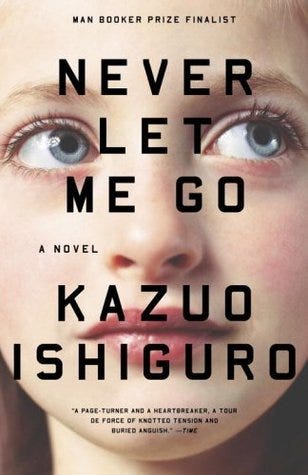
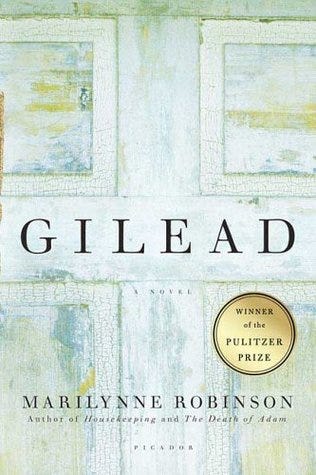
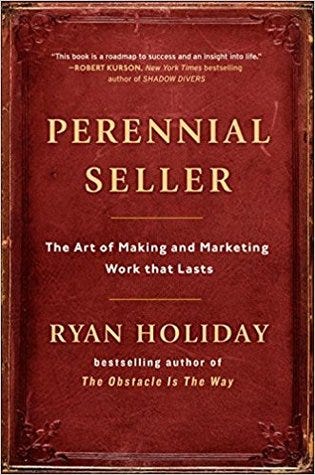
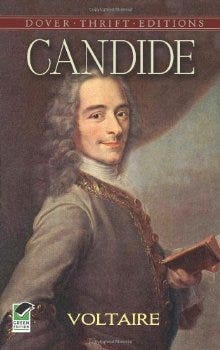

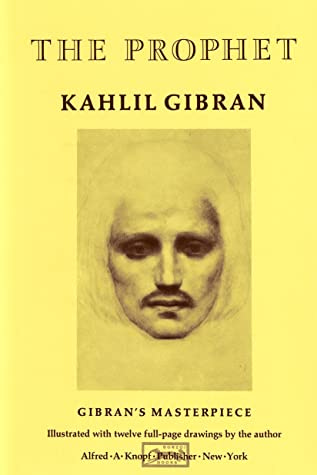
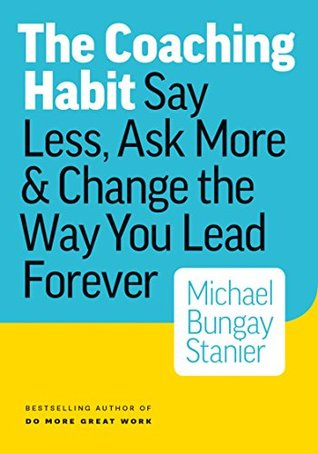
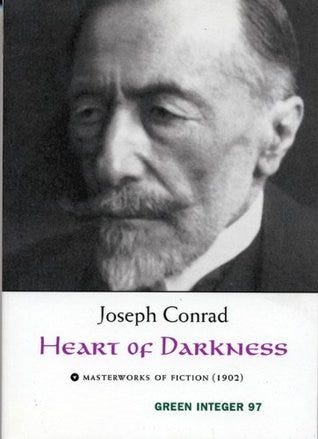




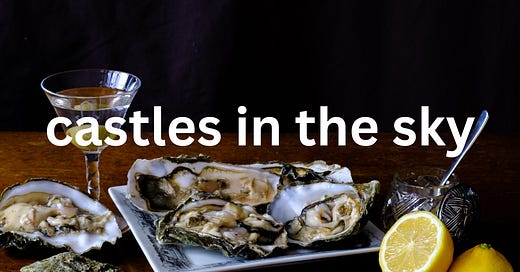

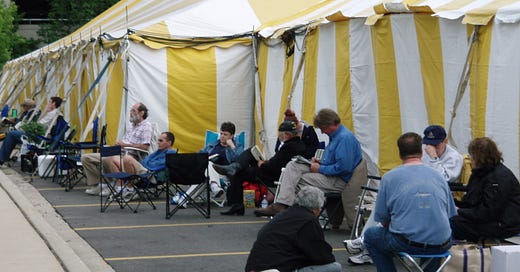

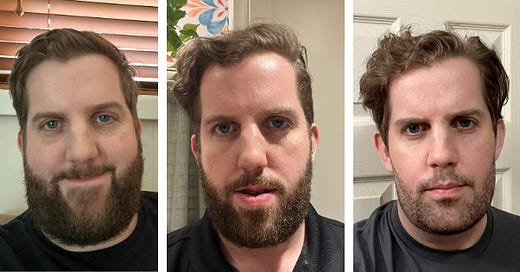

FYI, you listed eight books not seven…oops
Nice topic idea, and some great picks! I might copy your idea.
I love Heart of Darkness. Could you share quotes from the other books like you did with the Prophet?